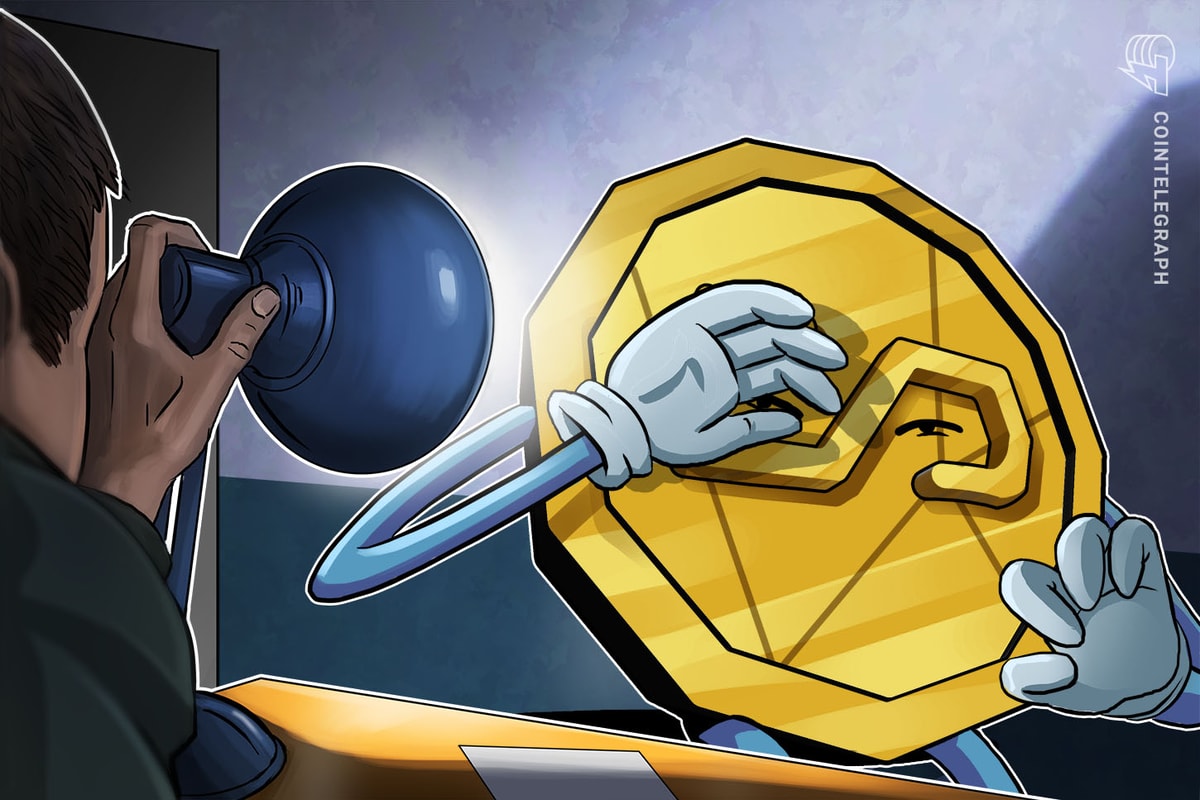NXT is showing off a voting system that could in the near future be used to create a new breed of democratic charities and organizations. The coming 1.5 NRS update will launch the voting system on the NXT TestNet and will also come with two-phase transactions. Additionally, the legal incorporation of the NXT Foundation should be coming sometime this week.
There are already voting systems in cryptocurrencies, but this system is included in the NXT client, enabling everyone to participate, and it looks to be very powerful.
It isn't even on the NXT TestNet yet, which is a sort of breeding or testing ground for new NXT projects, so we do have a bit to wait until the real functions of the voting system are tested. We will be able to play with it soon, once it is on the TestNet, but the real interesting stuff will happen when it launches on the MainNet.
While voting and two-phased transactions (NXT's version of multisignature transactions) have not yet been integrated together, it isn't hard to imagine the possibilities. DACs distributed through the Asset Exchange and controlled by poll-directed smart contracts really do look to be right around the corner.
The voting system has a large number of customization options that make virtually any kind of poll possible. You can choose the number of answers, whether the poll is binary or works on a sliding scale, who can vote and even how the votes are weighted. You can, for an example, make voting weighted by how much of an asset a wallet holds, in order to prevent someone from making a wallet with one asset each and overflowing the voting system.
The NXT Foundation is also on the verge of becoming a real legal entity, we are told. While it has existed unofficially since at least April 2014, the foundation is taking a step into legitimacy by legally incorporating. They have long said they are using the Linux Foundation as their model, hoping to avoid some of the criticisms that have been levied against the Bitcoin Foundation. Members are actually called “contributors” and they aren't accepted based on paying fees, but rather on how much time they dedicate to the NXT currency. Additionally, the Foundation is focused on increasing adoption among businesses and individuals rather than on development. These decisions are made by a community committee and have been for a while.
While no official decision has been made, we have been told by one community committee member that he sees it as an “ideal fit,” and we will likely see it used at some point to help guide development decisions. This makes it an interesting possible alternative to core development decentralized solutions like Lighthouse and centralized solutions like committees.
But things are moving at a rapid pace. It is impossible to accurately predict exactly how this will work. Will a charity run by the very people who put money in it actually work, or will someone find a way to take advantage of that system? How about a for-profit organization? Could one whose very actions and contracts—down to the day-to-day operations—actually work, or will the company be bogged down in inaction and infighting? Will this help NXT move forward as a community, or will democracy cause inaction when decisive action is needed? We can only theorize about these questions now. Soon, we will be able to put them to the test.
Did you enjoy this article? You may also be interested in reading these ones:











